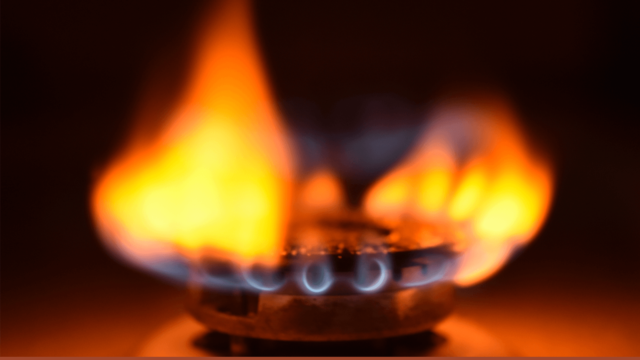Cheaper cooking gas on the way as government promotes use of clean energy
Cooking gas will now be cheaper thanks to a move by the government to exempt LPG products from Value Added Tax (VAT).

Kenyan households are set to enjoy low cooking gas prices after the government zero-rated liquefied petroleum gas (LPG) products from Value Added Tax (VAT).
The move will make cooking gas affordable and promote its uptake as well as encourage the use of clean sources of energy.
The cost of cooking gas has been high due to government taxes, additionally, a surge in global prices has become the biggest burden for households in the country and is threatening hard-won gains in the climate change fight.
The high cost of LPG contributes to the escalating cost of living and continued use of firewood and charcoal which negatively affects the country’s forest cover.
Apart from zero rating, the National Treasury through the 2023/24 financial year Budget statement also proposed to remove Import Declaration Fees (IDF), Railway Development Levy (RDL) fees and levies from LPG. It also aims to continue to attract private sector investment into the sector which will see the implementation of a common user bulk storage and handling facility for LPG to help enhance price and market stability.
Improved access to affordable cooking gas is part of the government’s Bottom-Up Economic Transformation Agenda (BETA) with the National Treasury having made concessions in the Finance Bill 2023 with an aim of making the LPG more affordable.
A VAT exemption on LPG is a build-up on gains from the Finance Act 2022 which cut the tax charged on cooking gas by half from 16 percent, and handed households a major relief amid rising global prices of the commodity and other petroleum products.
However, consumers will have to dig deeper into their pockets after the Parliament’s departmental Committee on Finance and National Planning unanimously agreed with the proposal in the Finance Bill 2023 to increase VAT on petroleum products from eight percent to 16 percent.
Last month, President William Ruto defended the government’s move to increase the VAT on petroleum products from eight percent to 16 percent, stating that the government will be able to raise Ksh50 billion from the enhanced VAT on petroleum products.
The President said the move would seal loopholes being exploited by businessmen to deny the government much-needed revenue. “Because of the differential rates, that poses a problem on integrity, it was used by people as a loophole to manipulate numbers, the advice I got was that we must eliminate this loophole people are exploiting,” he said during an interview with local TV stations at State House in Nairobi.
By doubling VAT on petroleum products to save the country from a new period of inflation, this will hike the cost of the commodities used by households, transporters and electricity producers, further aggravating inflation which the Central Bank of Kenya (CBK) is battling to control.
